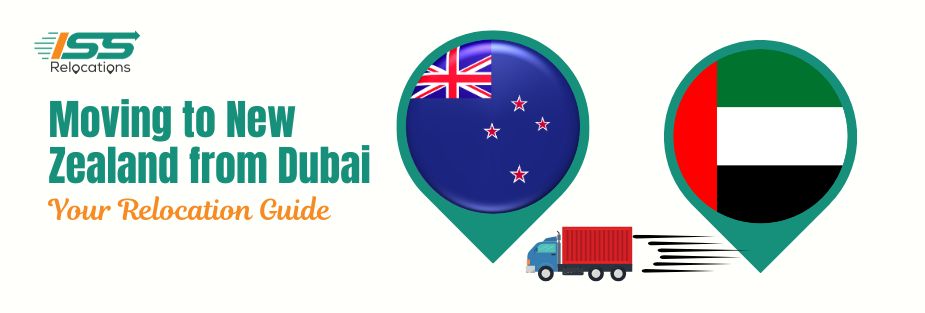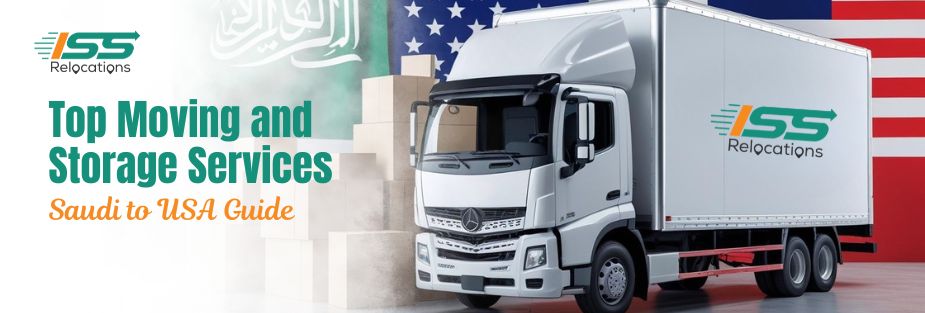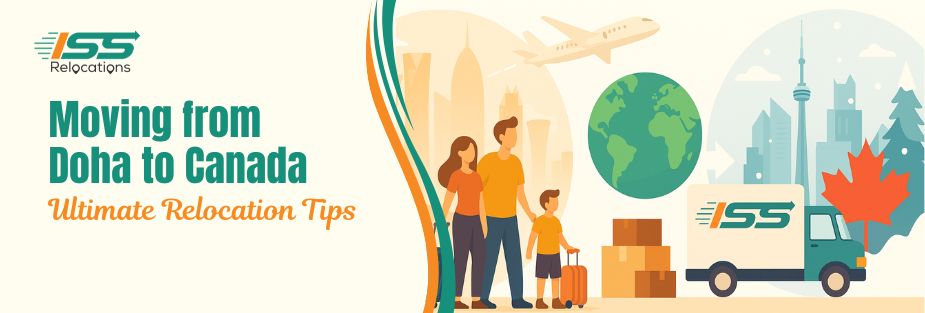
Relocation to Oman – Everything You Should Know in 2024
Moving to a new nation can be both gratifying and intimidating, full of expectations and unknowns. For anyone thinking about moving to Oman in 2024, there is a lot of information to sort through and decisions to make. Oman, known for its lively culture, breathtaking beauty, and thriving economy, is attracting more expats seeking new opportunities and adventures.
In this article, we’ll go over everything you need to know about relocation to Oman in 2024, which comprises visa requirements, cost of living, cultural practices, and job options. Whether you are drawn to Oman as a result of its warm climate, colorful culture, or excellent professional opportunities, we will give you the necessary insights and advice to make your move as seamless and enjoyable as possible. So, let’s go on this voyage together in order to discover everything Oman has to offer expats in the coming year.
15 Tips to Know While Relocation to Oman
1. Understanding the Process of Relocation to Oman
Before making the move, it is vital to understand the relocation process in Oman. Investigate visa requirements, residency permits, and any other documentation needed for expats relocating to the country.
2. Expats in Oman
Oman has a diverse expatriate community, with people from various countries living and working there. Connect with expat groups and online newsgroups to learn about other people’s experiences and acquire practical insights into life in Oman.
3. Cost of Living in Oman
The cost of living in Oman varies by region, lifestyle, and family size. Create a budget that takes into account how much money you have by researching housing, utilities, transportation, groceries, and other expenses.
4. Citizenship of Oman
Obtaining Omani citizenship is an intricate procedure that usually needs years of residency, fluency in Arabic, and sponsorship by an Omani national. While foreign residents can live and work in Oman on residency permits, citizenship tends to be not readily accessible to non-Omanis.
5. Cultural Etiquette and Customs
Before you relocate, familiarize yourself with Omani culture, customs, and etiquette. Honoring local traditions, religious rituals, and social standards is critical for developing healthy connections with people and absorbing them into Omani society.
6. Healthcare System in Oman
Oman’s healthcare system is well-developed, offering excellent quality medical care to both natives and expatriates. To ensure you have proper healthcare coverage, research local healthcare providers, health insurance options, and medical services being accessible.
7. Education Options for Expatriate Families
If you have kids, look into possibilities for education in Oman, such as foreign schools, private educational institutions, and homeschooling methods. While deciding on a school for your family, consider the educational program, language of instruction, extracurricular activities, and tuition rates.
8. Employment Opportunities in Oman
Explore opportunities for employment in Oman’s diverse economy, which includes industries such as oil & gas, tourism, finance, and healthcare. If you are looking for work before or after you move elsewhere, look into job online marketplaces, networking possibilities, and prospective businesses.
9. Language in Oman
Even though Arabic is Oman’s official language, English is frequently spoken, especially throughout metropolitan areas and corporate settings. Consider learning basic Arabic words to improve your communication abilities and knowledge of living in Oman.
10. Climate and Weather in Oman
Oman has an extremely humid desert climate, with high temperatures and little rain throughout the year. Prepare for the weather by providing appropriate attire, staying hydrated, and staying away from the sun and heat.
Read Also: India to Sharjah Family Relocation: Detailed Service Guide
11. Housing Options in Oman
Look into Oman’s housing options, which consist of apartments, villas, and gated communities. When considering accommodation for your relocation, consider location, amenities, and closeness to schools, workplaces, and necessary services.
12. Transportation in Oman
Oman’s transportation infrastructure is well-developed, with roads, highways, and public transit systems. To easily navigate your new environment look at transportation options like taxis, buses, and rental motor vehicles.
13. Safety and Security in Oman
Oman has become known for its safety and security, which include low crime rates and a stable political environment. However, it is critical to use prudence and common sense when traveling alone or to unknown points of interest.
14. Cultural and Recreational Activities
Discover Oman’s rich cultural heritage and natural beauty by exploring historical sites, attending cultural events, and participating in outdoor activities like hiking, camping, and water sports.
15. Financial Planning for Relocation
Engage in comprehensive financial planning to ensure that you have enough money to support your relocation to Oman. Plan for relocation expenses, living expenditures, and any unanticipated occurrences that could happen during your transition.
Conclusion
Summing up, coming to Oman in 2024 offers expatriates an exciting opportunity to immerse themselves in a vibrant and culturally multicultural setting. Throughout this book, we’ve touched on everything from visa requirements and healthcare to possibilities for learning and recreational activities. Foreign residents can have an unforgettable time in the Sultanate by knowing the intricate details of Omani culture, negotiating relocation issues, and seizing all of the opportunities that await them.
As you plan for your relocation to Oman, remember an open mind and an open mind of adventure. Embrace Omani hospitality, discover the stunning landscapes, and engage with the various expatriate and native communities. Whether you’re looking for professional development, personal enlightenment, or simply a fresh start in life, Oman has endless possibilities for those who are prepared to embrace them.
Plan Stress-free Move with Top Moving Company in UAE - ISS Relocations

Frequently Asked Questions
What are the main reasons people consider relocating to Oman?
People relocate to Oman for a wide range of reasons, including employment possibilities, an outstanding standard of living, an environment that is stable and secure, and the country’s natural beauty and cultural attractions.
What is the process for relocating to Oman?
Relocating to Oman usually involves accepting a work offer from an Oman-based employer, gathering the necessary visa for employment and residency permit, and arranging for housing and other necessities upon arrival.
Are there opportunities for expats in Oman?
Yes, Oman provides opportunities for expats in a wide range of industries, including oil and gas, construction, tourism, healthcare, and education. Many expats work in these industries as managers, technicians, or highly skilled employees.
What is the cost of living in Oman?
The cost of living in Oman varies depending on geography, lifestyle, and housing needs. In general, living expenses, transportation, and items such as consumables are less expensive than in other Gulf countries.
What are the housing options for expats relocating to Oman?
Expats in Oman enjoy a variety of housing possibilities, such as living in apartments, villas, and communities with gates. Rental pricing and availability may vary according to location and characteristic features.
Is it possible for expats to obtain citizenship in Oman?
Omani citizenship is often unavailable to expats due to the fact that it largely depends on lineage and is difficult to obtain through naturalization. However, expats can obtain permits for permanent and long-term residency in Oman through job or property ownership.
What are the healthcare facilities like in Oman?
Oman has an up-to-date healthcare system featuring well-equipped hospitals and medical facilities. Expats moving to Oman frequently possess access to both public and private healthcare services, while private healthcare may require supplementary insurance coverage.
What is the education system like in Oman for expat families?
Oman has an assortment of educational options for expat families, including foreign schools that follow international curricula such as British, American, or foreign Baccalaureate (IB) programs. These schools meet the various requirements of expat children and offer a high-quality education.
What are the cultural norms and customs expats should be aware of in Oman?
Expats moving to Oman should be aware of Omani cultural norms, rules, and regulations, such as dress regulations, religious practices, and social etiquette. Respecting local traditions and beliefs serves as essential for successful integration into Omani society.
What are the visa requirements for expats relocating to Oman?
Expats moving to Oman usually need a valid employment visa and a residency permit sponsored by the business they work for or a local sponsor. The visa requirements may differ depending on the expat’s nationality, occupation, and desired length of stay.
Moving Company - Recent Blog
Stay informed and prepared for your next move with our latest blogs on moving services in the UAE. From expert packing tips to international relocation guides, ISS Relocations brings you up-to-date insights to make your moving experience smoother, safer, and stress-free.










